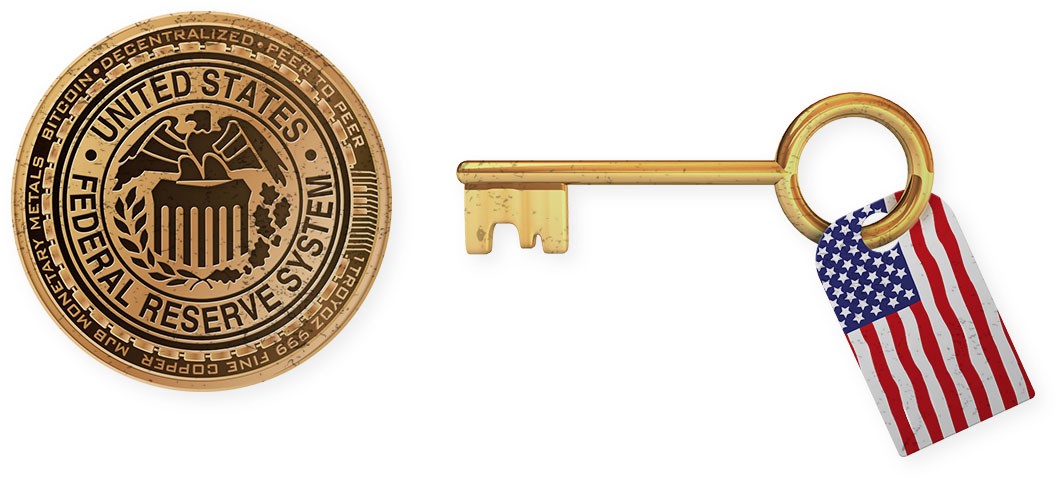PALO ALTO, Calif. (Reuters) - The Federal Reserve is taking a look at a broad range of concerns around digital payments and currencies, including policy, design and legal considerations around possibly providing its own digital currency, Guv Lael Brainard stated on Wednesday. Brainard's remarks recommend more openness to the possibility of a Fed-issued digital coin than in the past." By transforming payments, digitalization has the possible to provide higher worth and benefit at lower cost," Brainard stated at a conference on payments at the Stanford Graduate School of Organization.

Reserve banks internationally are disputing how to manage digital finance innovation and the distributed ledger systems utilized by bitcoin, which assures near-instantaneous payment at possibly low expense. The Fed is developing its own round-the-clock real-time payments and settlement service and is currently evaluating 200 comment letters sent late in 2015 about the proposed service's style and scope, Brainard said.
Less than 2 years ago Brainard told a conference in San Francisco that there is "no engaging demonstrated requirement" for such a coin. However that was prior to the scope of Facebook's digital currency aspirations were commonly known. Fed authorities, consisting of Brainard, have actually raised concerns about customer defenses and information and privacy dangers that could be posed by a currency that might enter into use by the 3rd of the world's population that have Facebook accounts.
" We are working together with other reserve banks as we advance our understanding of reserve bank digital currencies," she stated. With more countries looking into providing their own digital currencies, Brainard said, that contributes to "a set of reasons to likewise be ensuring that we are that frontier of both research study and policy development." In the United States, Brainard said, problems that need research Browse around this site study consist of whether a digital currency would make the payments system safer or easier, and whether it could posture financial stability threats, including the possibility of bank runs if money can be turned "with a single swipe" into the main bank's digital currency.
To counter the monetary damage from America's unmatched national lockdown, the Federal Reserve has taken extraordinary steps, consisting of flooding the economy with dollars and investing directly in the economy. Many of these moves received grudging acceptance even from many Fed skeptics, as they saw this stimulus as required and something only the Fed might do.
My brand-new CEI report, "Government-Run Payment Systems Are Hazardous at Any Speed: The Case Against Fedcoin and FedNow," details the threats of the Fed's present plans for its FedNow real-time payment system, and proposals for main bank-issued cryptocurrency that have actually been dubbed Fedcoin or the "digital dollar." In my report, I go canvas.instructure.com/eportfolios/125397/rafaelpcob003/Who_Needs_Cryptocurrency_Fedcoin_When_We_Already_Have_ over concerns about privacy, information security, currency manipulation, and crowding out private-sector competitors and development.
Proponents of FedNow and Fedcoin state the government should create a system for payments to deposit immediately, rather than motivate such systems in the economic sector by lifting regulative barriers. However as kept in mind in the paper, the personal sector is offering an apparently endless supply of payment innovations and digital currencies to fix the problemto the extent it is a problemof the time gap in between when a payment is sent and when it is gotten in a bank account.
And the examples of private-sector innovation in this location are many. The Cleaning Home, a bank-held get more info cooperative that has actually been routing interbank payments in numerous kinds for more than 150 years, has actually been clearing real-time payments given that 2017. By the end of 2018 it was covering half of the deposit base in the U.S.